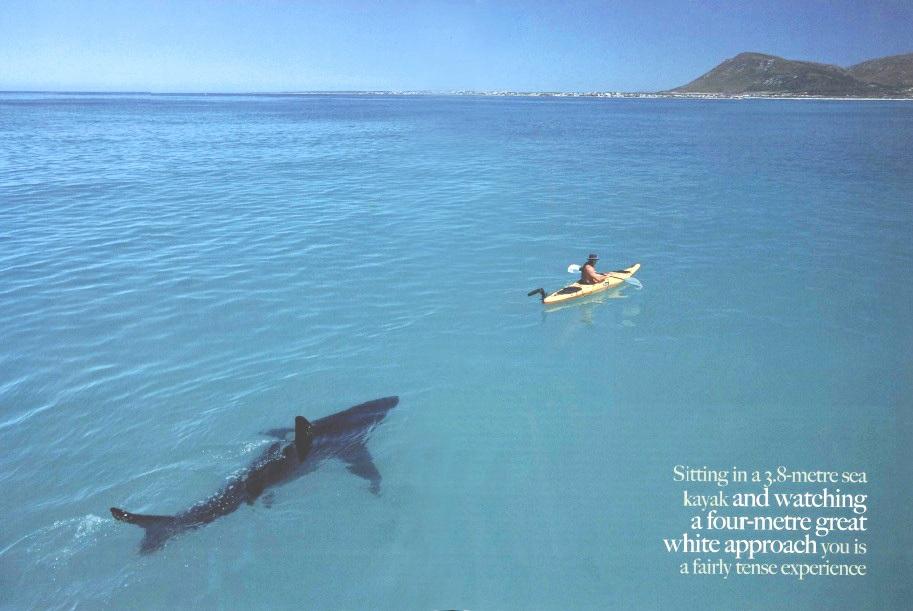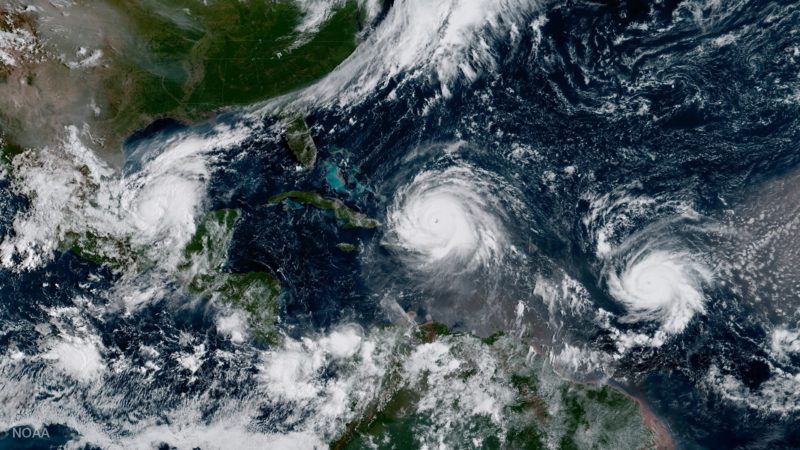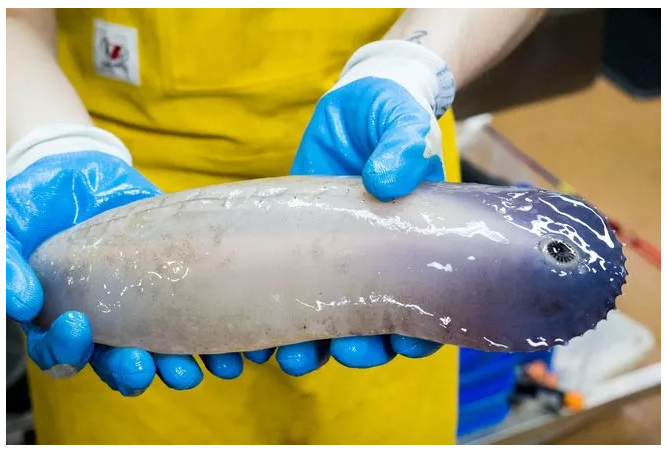
Fog Horn (A Call to Action)
- The fight for our Marine National Monuments isn’t over. We finally know *some* of the contents of Zincke’s monument review memo, and it’s not great. The DOI wants to see commercial fishing return to the Pacific Remote Islands and Rose Atoll Marine National Monuments. Longline fishing in these regions has historically been conducted by foreign fishing fleets which have been documented using slave labor. Many ecologists believe that maintaining these protected zones serve as a refuge that boost populations of many important commercial fish and improve the overall health of the fishery.
- Here’s the good news: Any change to monuments created under the Antiquities Act must be approved by congress. You’ve got a lot of reason to call you representatives this week, so why not add “I opposed the reintroduction of ecologically and economically destructive commercial fishing to the Pacific Remote Islands and Rose Atoll Marine National Monument.” to your script?
Flotsam (what we’re obsessed with right now)
- Hero Shark, the shark who shows up to every flood, ostensibly to save us all from our own hubris, has a long a fascinating history. “Shark in flooded street” wasn’t even the first time that photo was used for fake news.

- NOAA’s New Weather Satellite Captured Stunning Images of Hurricanes Harvey and Irma. These are amazing and terrifying.

- Rick MacPherson and I made a bot that generates random ocean conservation solutions from a massive archive of policy jargon. Follow @OceanCon_Bot. It is good.
Jetsam (what we’re enjoying from around the web)
- Cassini has ended it’s long journey and crashed into Saturn: Eulogy for Cassini and 10 Things to Know about Cassini’s Glorious Demise.
- Nunavik girl, 18, harpoons 14-metre bowhead whale on first-ever hunt. Bowhead populations have seen a major recovery and are currently listed by the IUCN as “least concern”. Traditional indigenous hunting is not considered a major contributor to whale population decline.
- Some great coverage in Hakai Magazine on Trevor Branch’s new paper: The Old Fish and the Sea.
- Snot Otter may be the world’s greatest common name. Snot Otters Get A Second Chance In Ohio.
- Sand, sand, sand, sand. Sand sand sand sand. Sand. Sand. Sand. We mine a whole lot of it, and parts of the world are running out.
- The managers of the nation’s wild places were already in the throes of a climate-driven identity crisis when Trump was elected. Where to from here? For the National Parks, a Reckoning.
- The Jones Act is one of the most contentious laws in the US Maritime Industry. gCaptain has a good discussion about why it needs to go: U.S. Extends Jones Act Waiver in Wake of Hurricanes Irma, Harvey and After Irma, America Should Scrap the Jones Act.
- I mean, obviously. Even if a blob of decomposed animal carcass is unidentifiable from pictures on Twitter, it doesn’t mean it’s unknowable or unknown. Mysterious sea monsters that wash ashore are rarely mysterious (and never monsters).

- Lots of great, sobering, terrifying hurricane coverage from across the web:
- Hurricane effects on fish… revisited at the Fisheries Blog.
- Return from the deep: three-dimensional pathways of upwelling in the Southern Ocean.
- Parasites are pretty important to a healthy ecosystem: You don’t actually want these parasites to go extinct.
- Dragons, Sea Urchins, and Sea Otters? Oh my! at Deep Sea News.
- After Hurricane Irma, and with Jose and Katia bearing down, the need for a coral vault seems even more urgent. A Panic Room for Corals.
- Ghost Gear Recon is one of my favorite hack-a-thon-type projects: California crabbers use GPS to find whale-killing gear.
- Important advice, especially as the world of science funding moves into the crowdfunding game: How to Spot a Crowdfunding Scam.
Lagan (what we’re reading from the peer-reviewed literature)
A new paper by me!
- Thaler and friends (2017) Lions, Whales, and the Web: Transforming Moment Inertia into Conservation Action. DOI: 10.3389/fmars.2017.00292.
And more great papers this week:
- Barnett and friends (2017) Old-Growth Fishes Become Scarce under Fishing. DOI: 10.1016/j.cub.2017.07.069.
- Dahms and friends (2017) Are vent crab behavioral preferences adaptations for habitat choice? DOI: 10.1371/journal.pone.0182649.
- Doubleday and friends (2016) Global proliferation of cephalopods. DOI: 10.1016/j.cub.2016.04.002.
- Benkwitt and friends (2017) Is the lionfish invasion waning? Evidence from The Bahamas. DOI: 10.1007/s00338-017-1620-7.
- Moritz and friends (2017) The “resort effect”: Can tourist islands act as refuges for coral reef species? DOI: 10.1111/ddi.12627.
Shipping News (academic and ocean policy wonkery)
- More on Nature’s utter disaster of an editorial: History Lessons for ‘Nature’.
- Academic conferences urgently need environmental policies. Damn right.
- Apparently, some journal published a “case for colonialism.” Fortunately, there’s plenty of of good researchers here to remind us why colonialism was bad.
- I have mixed feelings about this piece, but it is really good: The Week My Husband Left And My House Was Burgled I Secured A Grant To Begin The Project That Became BRCA1.
Driftwood (what we’re reading on dead trees)
- Big Chicken is out! I’ve been waiting for this one. Big Chicken: The Incredible Story of How Antibiotics Created Modern Agriculture and Changed the Way the World Eats by Maryn McKenna.
Feel free to share your own Foghorns, Flotsam, Jetsam, Lagan, Shipping News, Driftwood, and Derelicts in the comments below. If you enjoy Southern Fried Science, consider contributing to my Patreon campaign to help us keep the servers humming and support other innovative ocean science and conservation initiatives.